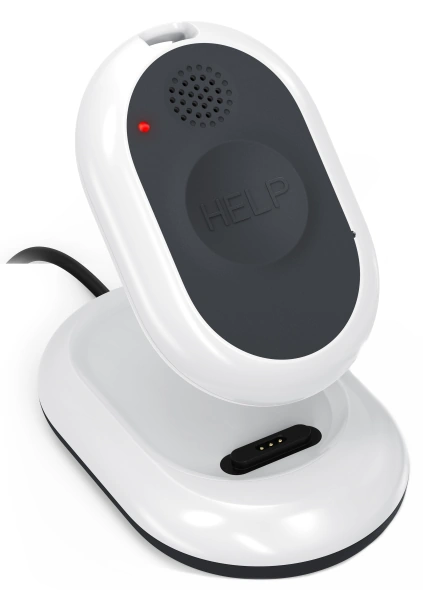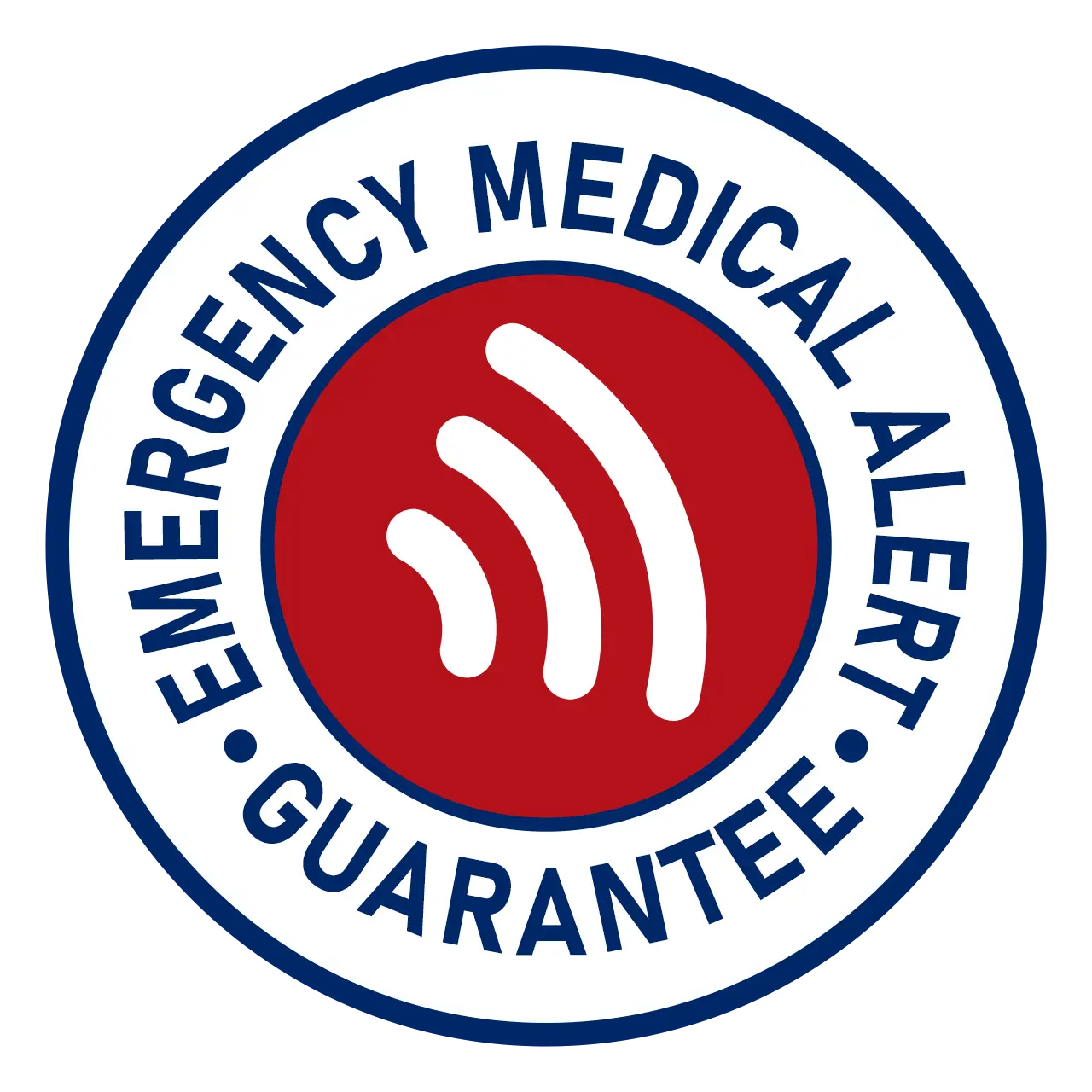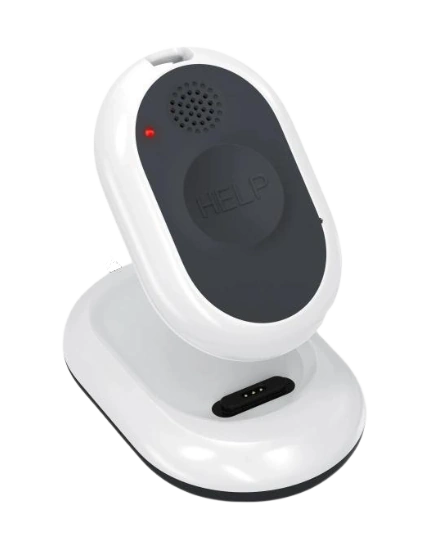What You Need To Know About Dementia Type 3 Diabetes
Key Takeaway
Dementia Type 3 diabetes refers to the link between insulin resistance in the brain and cognitive decline similar to Alzheimer’s disease. When the brain stops responding to insulin properly, energy use, memory, and cell communication become impaired. People with Type 2 diabetes, obesity, or high blood pressure face higher risk, but early awareness, blood sugar control, healthy habits, and regular cognitive checkups can help protect long-term brain health.
If you have heard of the disease called Alzheimer's, you already know that it is a progressive disease in which the affected person loses their memory and other mental functions.
However, did you know that it can even be linked to how your body actually processes insulin? A wide number of experts now refer to this connection of Alzheimer's and insulin together as dementia type 3 diabetes.
Therefore, if you are trying to understand how this actually happens and how your brain health can get affected by blood sugar and insulin, then this article will show you the light and lead your way so that you know it all and make yourself aware.
What Is Dementia Type 3 Diabetes?

As you already know, insulin plays a major role in controlling your blood sugar. But you will be amazed to know that the role of insulin doesn't just end there.
It supports the way you learn, affects your memory, and also is a means by which communication occurs between brain cells. And, when your brain becomes resistant to insulin, that's when the problem starts; your brain loses its functions, and thus dementia or Alzheimer's type 3 diabetes comes in.
Even if it is not yet a medical classification, researchers still use this term to explain how it is a type of cognitive decline that is close to insulin resistance in the brain. This disease is not like the typical Type 1 or Type 2 diabetes because it does not affect your blood sugar in the same process that usually occurs.
In this disease, damage starts by affecting the brain’s ability to respond to insulin, which actually leads to symptoms that would make you feel like it's a lot like Alzheimer’s disease.
However, it is not at all linked to Alzheimer's disease. It offers a new way to show how even your metabolic process can affect your brain cells.
Therefore, if you are already managing diabetes or fall under the category of “Obese,” you need to understand these connections so that you can protect your cognitive abilities for the better.
How Insulin Resistance Impacts Brain Health?
The main thing to note in this regard is to know that when your brain does not utilize insulin properly, problems occur. Your brain begins to lose the capacity to uptake glucose, which happens only because of this impaired brain metabolism of insulin resistance.
This is the reason that you may feel less energetic because your neurons and glial cells get affected, too, which is a side effect of this process itself.
On the other side, insulin resistance can trigger inflammation in your brain. It occurs particularly in the hypothalamus part of your brain, where the insulin receptors remain highly concentrated.
This becomes the reason why the normal functioning of your brain might get disrupted and contribute to neurodegenerative processes where your nerves might lose their functions and eventually die.
Insulin resistance in the brain can also lead to increased production of neurotoxic substances. Ceramides are common. These can impair insulin signaling in the brain and cause trouble for your normal brain development.
Lastly, insulin resistance has also been linked to depression and anxiety, which gradually affects your overall health.
By understanding how insulin resistance affects your brain, you can stand in a better position where you can detect these early signs and also look for ways that would help you to stay from these risks.
Risk Factors And Early Warning Signs

By now, you must be wondering if you are already at risk or not. You can know about these easily as several lifestyle and health factors actually increase your chances of developing dementia or Alzheimer's type 3 diabetes.
If you are already having Type 2 diabetes, obesity, high cholesterol, or high blood pressure, know that you're already at risk. Thus, your chances are comparatively higher, and you might develop Dementia or Alzheimer's Type 3 diabetes.
On the other side, go through your family history because it plays a big role as well. If Alzheimer's or diabetes runs in your family, then the chances may be high as well. And, if you're above 60 in age and have other health issues, you certainly have the risk because old age makes you vulnerable to such diseases.
However, there are many cases that prove that it can be uncertain of the age as well. You can be in your 40s and 50s and still face issues with insulin resistance that might affect your brain later.
Therefore, you might be wondering what you should look for. You can check if you have trouble remembering recent events or not.
Whether you're facing difficulty in focusing or are feeling mentally fogged out are all the signs of Dementia or Alzheimer's Type 3 diabetes.
If you notice that these symptoms are getting even more prominent and are troubling your daily life, these are the signs that you should get an appointment with the specialist and get yourself checked.
Current Treatments
There is no official treatment yet labeled for Dementia or Alzheimer's Type 3 diabetes, but there are still options that you can adopt and look for to support your brain health and improve insulin sensitivity.
Doctors most often focus on these to manage the underlying causes and try to slow down the cognitive decline. Here are the treatments that you can go for:
- Control your blood sugar: Try to keep your glucose level stable through diet, exercise, or medication.
- Insulin-sensitizing drugs: A few medications that are used in diabetes management also help to improve insulin functioning in the brain.
- Cognitive training: You can go for brain training exercises like games and puzzles to maintain memory and focus.
- Regular checkups: Go for checkups on a regular basis to track your cognitive changes and adjust your care plan based on that.
Conclusion
When you understand the link between insulin resistance and cognitive decline, you get the power to take action early.
While dementia or Alzheimer's type 3 diabetes is still under study, you can recognize the signs and make good lifestyle choices to make a real difference and protect your brain.























